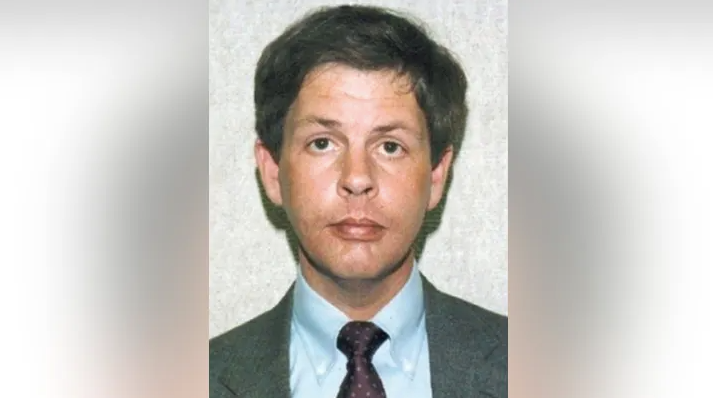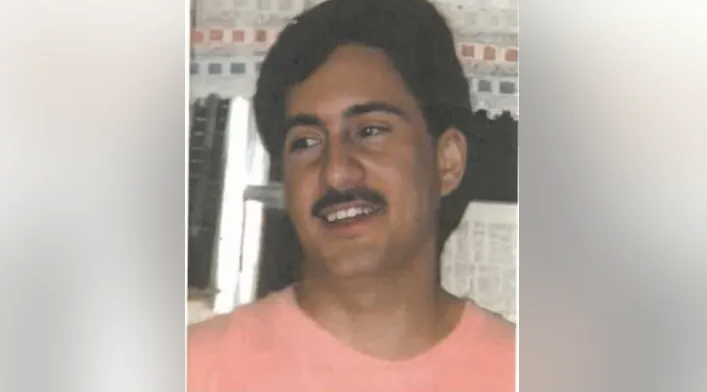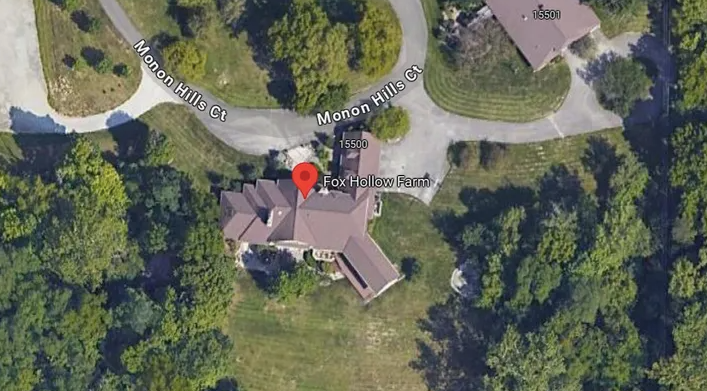Indiana serial killer’s home was littered with 10,000 human remains. Now one new victim has been named
Herb Baumeister is suspected of killing at least 25 victims

A man who was reported missing in 1993 has been named as a victim of an Indiana serial killer whose property was found littered with 10,000 “burnt and crushed” skeletal remains.
Herb Baumeister, a successful businessman who was a married father of three children, is believed to have killed at least 25 people between the late 1980s and the early 1990s.
He hunted mostly gay men in the Indianapolis suburb of Westfield, Indiana, where he lived on an 18-acre property known as Fox Hollow Farm.
For a decade, he went untraced as he hid his victim’s remains beneath his $1m Indiana home. But when his 15-year-old son discovered the charred bone fragments and the human skulls in 1994, it all came crashing down.
Four decades after Baumeister started his killing spree, authorities have finally begun naming his victims, with Jeffrey A. Jones, who disappeared in 1993, becoming the latest to be identified by the Hamilton County Coroner’s Office.
Jones was identified after scientists developed a DNA profile for him using Genome Sequencing Othram, which is the largest forensic genetic genealogy lab in the country, said in a statement.

“After successfully completing the process, the DNA profile was delivered to the FBI’s forensic genetic genealogy team and the FBI team performed the necessary genealogical research to generate new investigative leads in the case,” the statement added.
Jones is the third victim to be identified by the Coroner’s Office in six months, bringing Baumeister’s body count up to 12, according to County Coroner Jeff Jellison.
In December 2023, the coroner’s office identified Allen Livingston, who was 27 when he went missing in August 1993, and Manuel Resendez in January. Resendez was 34 when he vanished in 1996.
Other confirmed victims include John Lee ‘Johnny’ Bayer, 20; Richard Douglas Hamilton Jr., 20; Steven Spurlin Hale, 28; Allen Wayne Broussard, 28; Roger Allen Goodlet, 33; Michael Frederick ‘Mike’ Keirn, 45; and 34-year-old Jerry Williams-Comer.
Investigators have four more DNA profiles that haven’t been identified yet.
“Because many of the remains were found burnt and crushed, this investigation is extremely challenging,” the county coroner said in a statement. “However, the team of law enforcement and forensic specialists working the case remain committed.”
Authorities believe that Baumeister used the vast grounds and adjacent trail of his Westfield home to hide 10,000 decomposed remains of his victims.
A human skull was found by Baumeister’s teenage son in 1994, who then showed it to his mother. When Baumeister’s wife confronted him about the skull, he said it was likely left over from his father’s work as a physician. She accepted that explanation for two years, but the couple eventually divorced.
Police found the remains, including bone fragments, a skull, and teeth, two years later after authorities searched the property while Baumeister wasn’t home, and dug up the remains of several victims, leading to a warrant for his arrest.

Following the issuing of the warrant in 1996, Baumeister, who was 49 at the time, fled to Ontario, Canada where he shot himself dead.
More remains were then discovered the same year when police returned to the property following his death.
He was never charged with the murders and he did not admit to any of the crimes in his suicide note.
A 2005 report by the FBI said Baumeister led a double life while he was alive – one as a seemingly ordinary husband and father who went to work and came home, and another as a serial killer who went by the fake name of “Brian Smart” and kidnapped and killed mostly young, gay men whom he met in bars.
“The majority of serial killers are not reclusive, social misfits who live alone,” the 2005 FBI report said. “They are not monsters and may not appear strange. Many serial killers hide in plain sight within their communities.
“Serial murderers often have families and homes, are gainfully employed and appear to be normal members of the community. Because many serial murderers can blend in so effortlessly, they are oftentimes overlooked by law enforcement and the public.”
Bookmark popover
Removed from bookmarks